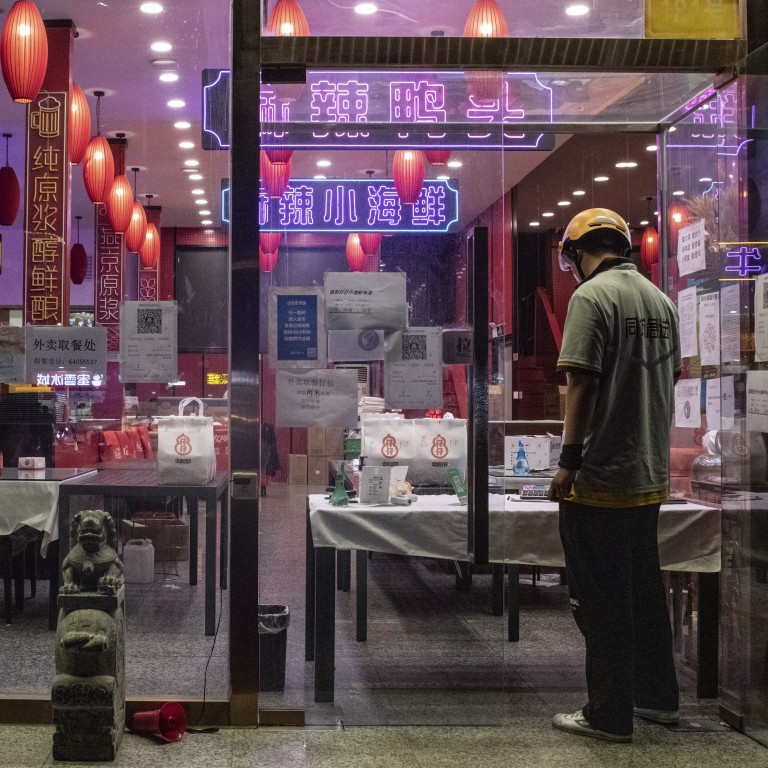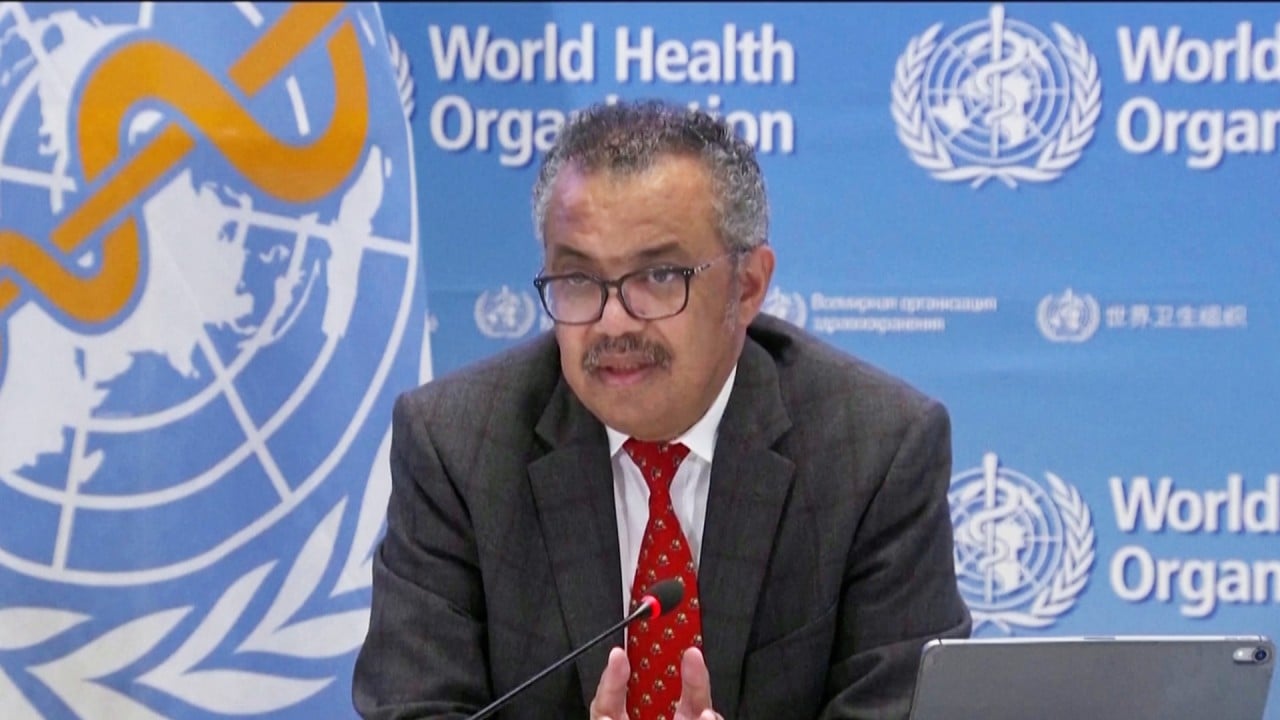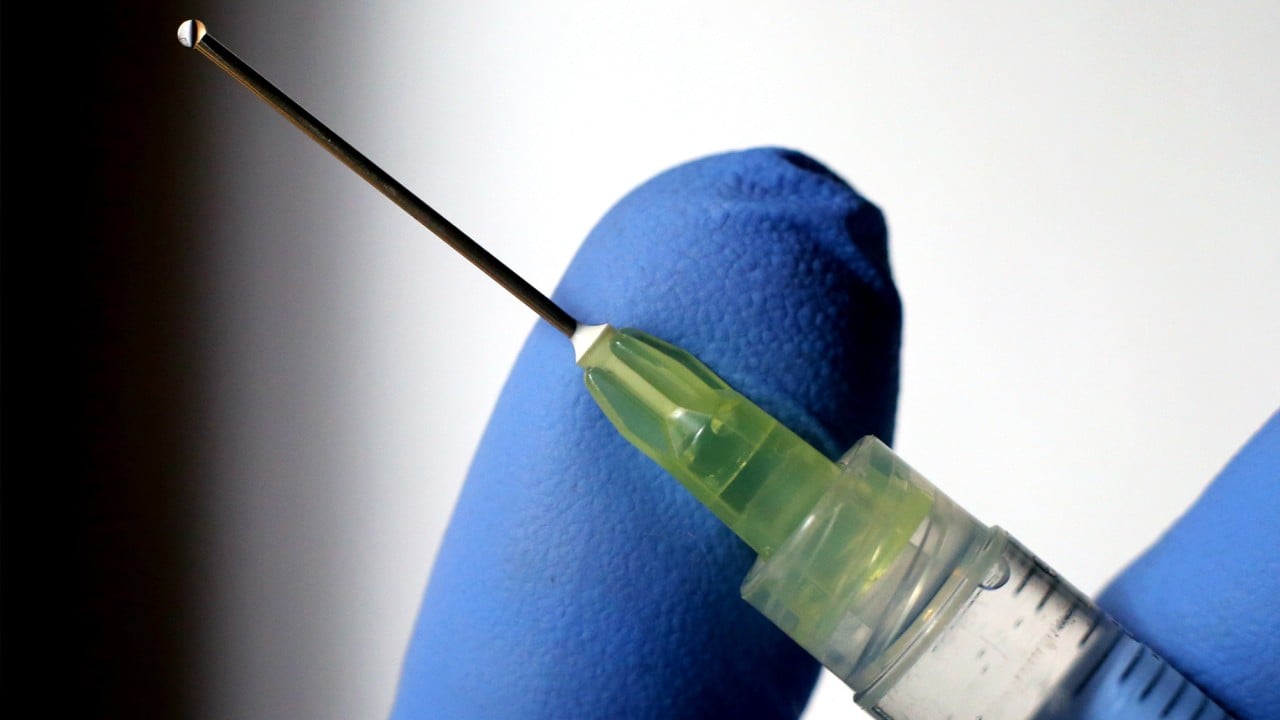
Coronavirus: tougher action for Beijing in China’s tussle between virus and zero-Covid goal
- China’s capital reports 48 new local infections on Tuesday, after recording 99 infections the day before
- The case number is small compared to Shanghai but Beijing’s response has been unprecedented and increasingly stringent
The city reported 48 new local infections on Tuesday, including seven people who are yet to show symptoms. A day earlier, the city recorded a new peak in infections for the month with 99 infections, including asymptomatic cases.
“Contact tracing, transferring and isolation of patients and close contacts must be sped up without any delay. We must act fast to counter the fast [transmission of the virus] to achieve zero cases on the societal front and ensure the health and safety of the people and normal order in production and life,” state news agency Xinhua quoted Sun as saying.
The Haidian district government said its residents would stay at hotels that had hosted international sports events. Some elderly people and students who were expected to sit college or high school entrance exams were allowed to stay home.
China forces deep disinfection after a Covid case but it may be overkill
Sun said cases in Beijing were generally under control but sporadic outbreaks were still being recorded, indicating there would be no relaxation of prevention and control measures. Resources should be allocated to places with clusters of cases, she added.
Beijing has seen cases rising from single digits on April 22, when the outbreak started, to dozens of cases a day. It lingered at around 50 to 70 new infections a day until hitting a new high on Monday. There have been more than 1,500 infections recorded in a month.
Unlike some smaller cities that stop for days while conducting citywide testing and cutting off fast transmission of the Omicron variant, China’s political centre is trying to wade through the crisis and keep a degree of normalcy without imposing tough lockdowns.
The city has had at least six rounds of testing of about 20 million residents. Some districts where infections were reported outside controlled areas have gone through more than a dozen rounds of testing in the past month. A negative nucleic test done in the previous 48 hours must be presented to enter all public places.
Beijing has upgraded its community-level prevention measures to have 24-hour checkpoints in each residential area, neighbourhood and hutong. People need to have their temperature checked, show negative test results and scan their health code to enter these areas.
Wu Hao, an adviser at the National Health Commission’s Disease Prevention and Control Advisory Committee, said the epidemic situation in Beijing was “severe and complex”, with the risk of hidden transmission.
The new measures could effectively restrict the movement of people across districts and help “prevent introducing an outbreak from outside”.
“By checking test results, residents can be encouraged to take part in testing and identifying hidden infections. Once an outbreak occurs, the measures can help with fast contact tracing and identifying risks,” Wu said.
Control measures have also been escalating. Schoolchildren were sent home at the end of last month and there are no signs of a return to the classroom this semester, including for third-year high school students, who will sit their college entrance exam on June 7.
Dining-in has been banned and gyms, museums, cinemas and even some parks have closed.
China’s ‘new normal’ for Covid testing risks looking increasingly abnormal
Workers in all districts in downtown Beijing, except the Dongcheng and Xicheng districts where most central and city government agencies are located, have been ordered to work from home.
More than 100 subway stations are closed and Fangshan, Shunyi, Fengtai districts and some parts of the Chaoyang district have been put under an “electronic barrier” off-limits to taxis and Uber-like services.
In some districts, such as Haidian and Fengtai, all shops and shopping malls are closed except for essential services such as supermarkets.



